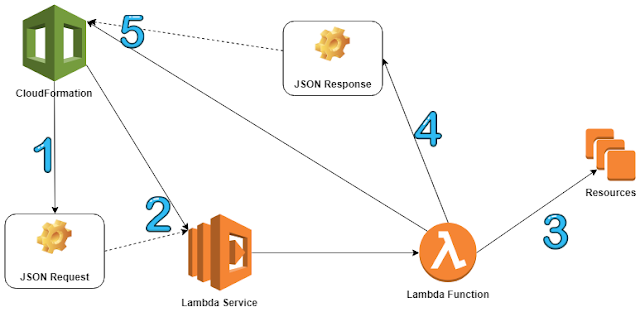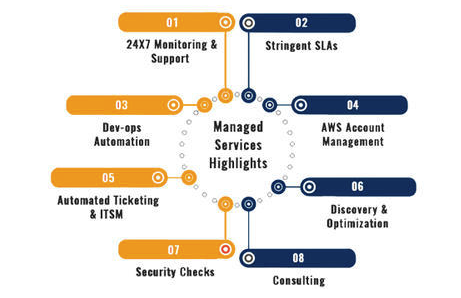What is Cloud computing?
Cloud computing is a technology that allows users to store, process and access data, applications, and other digital resources over the internet. It offers a cost-effective and scalable alternative to traditional computing methods, where users had to install and manage software and hardware on their own computers or servers.
Cloud computing is delivered through a network of remote servers that are maintained by third-party service providers. These servers can be accessed over the internet using a web browser or specialized software, eliminating the need for users to invest in expensive hardware and software.
There are three main delivery models of cloud computing: Infrastructure as a Service (IaaS), Platform as a Service (PaaS), and Software as a Service (SaaS).
Type of Cloud Computing
IaaS provides users with access to virtualized computing resources, such as virtual machines, storage, and networking, which can be used to build and run applications. This allows organizations to focus on developing and deploying their applications, rather than managing the underlying infrastructure.
PaaS provides users with a platform for developing, testing, and deploying applications. It typically includes pre-configured development tools and frameworks, making it easier for organizations to develop and deploy their applications quickly and efficiently.
SaaS is a software delivery model that allows users to access applications over the internet. These applications are hosted and managed by the service provider, and users can access them through a web browser or mobile app. This model is particularly popular for business applications, such as customer relationship management (CRM) and enterprise resource planning (ERP) systems, as it eliminates the need for organizations to install and manage the software on their own systems.
Cloud computing has several advantages, including cost savings, scalability, and reliability. It can be more cost-effective than traditional computing methods, as users only pay for what they use and do not have to invest in expensive hardware and software. Additionally, cloud computing is highly scalable, allowing organizations to easily increase or decrease their computing resources as their needs change. Finally, cloud computing is highly reliable, as service providers typically invest heavily in maintaining their infrastructure and ensuring high levels of uptime.
However, there are also some concerns associated with cloud computing, including security, privacy, and vendor lock-in. To address these concerns, it is important for organizations to carefully evaluate the security and privacy policies of the service providers they are considering, and to ensure that their data and applications are stored and managed in a secure and compliant manner.
In conclusion, cloud computing is a rapidly evolving technology that offers a range of benefits and advantages to organizations of all sizes. By leveraging the power of the cloud, organizations can improve their operational efficiency, reduce their costs, and better serve their customers and employees. As the technology continues to evolve, it is likely that cloud computing will become even more prevalent, and organizations that embrace it will be well positioned to take advantage of its many benefits.
Read more : AWS managed services




Comments
Post a Comment